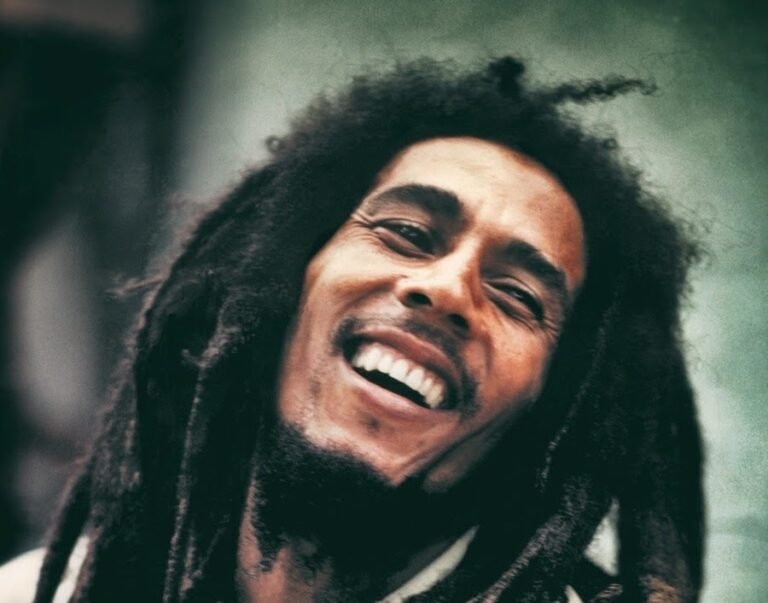Bob Marley is likely one of the most well-known musicians of all time. His music has touched individuals throughout generations, races, and borders. Songs like “One Love,” “Redemption Tune,” and “Three Little Birds” are identified all over the world. However there’s one music that stands out not only for its rhythm, however for its highly effective message — “Get Up, Stand Up.”
This music is extra than simply reggae. It’s a cry for justice. A name to motion. And the story behind it begins in a spot many individuals don’t anticipate: Haiti.
A Go to That Modified The whole lot
Within the early Nineteen Seventies, Bob Marley and his band, The Wailers, have been touring the Caribbean. Throughout this time, Marley visited Haiti — a rustic going through severe poverty and political repression below the management of Jean-Claude “Child Doc” Duvalier.
Despite the fact that Marley grew up in poverty in Jamaica, what he noticed in Haiti moved him deeply. The Haitian individuals have been residing in excessive hardship. Many had no clear water, no secure meals provide, and no actual rights. The federal government dominated with concern and power.
Marley left Haiti shaken, but in addition impressed. He realized that music could possibly be a weapon for fact — and that it was time to talk out.
“Get Up, Stand Up” Is Born
After the Haiti journey, Marley labored with Peter Tosh, one other member of The Wailers, to write down “Get Up, Stand Up.” The lyrics converse on to those that are oppressed, urging them to assert their rights and imagine in their very own energy.
“Stand up, arise: arise to your rights!
Stand up, arise: don’t quit the battle!”
The music first appeared on The Wailers’ 1973 album Burnin’. It rapidly grew to become considered one of Marley’s hottest and significant songs.
A Message That Spreads Across the World
The impression of “Get Up, Stand Up” didn’t cease within the Caribbean. Through the years, it grew to become an anthem for human rights teams, together with Amnesty International. Artists like Bruce Springsteen, Peter Gabriel, and Tracy Chapman have carried out it at world live shows for peace and justice.
It was additionally the final music Bob Marley ever carried out reside, in Pittsburgh in 1980 — a becoming finish for a person whose music by no means stopped preventing for freedom.
Why This Tune Nonetheless Issues Right now
A long time later, persons are nonetheless utilizing “Get Up, Stand Up” in protests and actions. From Black Lives Matter marches to world human rights campaigns, its message is as highly effective now because it was in 1973.
It reminds us that change doesn’t simply occur. We’ve got to stand up and demand it — similar to Bob Marley did after visiting Haiti.

